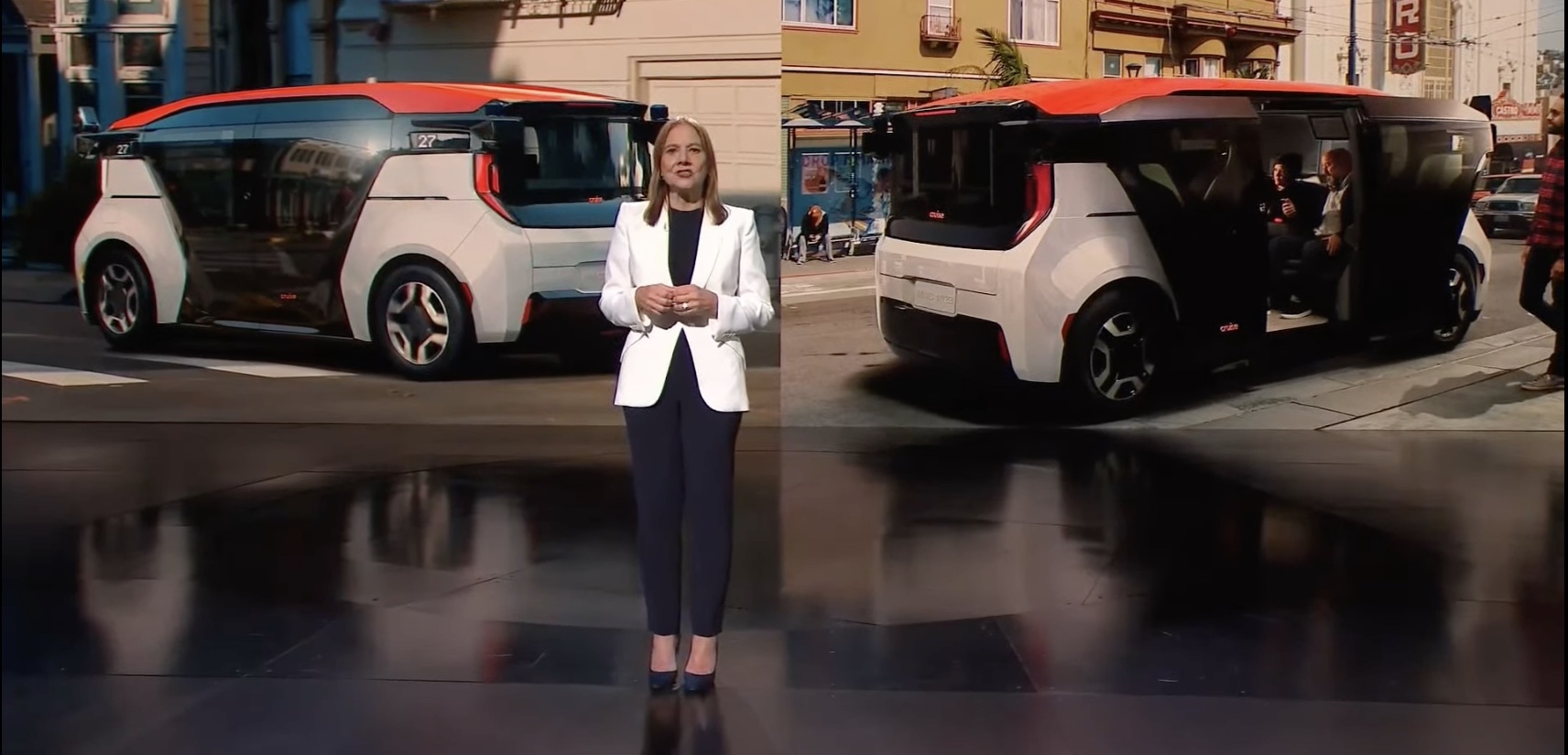"True self-driving" implies the owner is a passenger in the car, not the driver in any way. If that is the case, then the owner cannot be responsible. How could they be when they are just a passenger and not responsible for any of the driving tasks? For true self-driving, the manufacturer would be responsible since they designed and built the system that was responsible for all the driving tasks. And if the manufacturer does not want to accept responsibility, they can designate their driving system L2 but then that is not true self-driving.
But that is one reason why we have the levels of automation because terms of "self-driving" or "true self-driving" can mean different things to different people.
L2 = the car performs some driving tasks but the driver still performs some driving tasks too. Driver is always responsible.
L3 = the car performs all driving tasks when it is on but the driver is the fallback. The car is responsible since it performs all driving tasks but admittedly there could be a grey area in some instances maybe, since driver was the fallback.
L4/5 = the car performs all driving tasks. The car can also perform the fallback. There is no human driver at all. The owner is a passenger. This is clear cut. The car, ie the manufacturer, is responsible.
For me, "true self-driving" is only L4/5.
The self-driving car does not have to be sentient. But it is performing all the driving tasks therefore it is responsible for driving.
The manufacturer designed and created the self-driving software. They would logically be responsible. I don't see how the owner of the vehicles would be responsible for something they had nothing to do. They are simply using the vehicles, they did not design or create the software doing the actual driving. So in your scenario, if Waymo sold or leased their 5th Gen I-Paces to Hertz for a rental service, I think Waymo would still be responsible for any accidents. The exception I see is maintenance. Hertz would likely be responsible for vehicle maintenance. So if the accident was caused by poor maintenance, then Hertz could be liable. But assuming the vehicle was in good working order, if the Waymo Driver caused or failed to avoid an accident, Waymo would be liable, not Hertz. That's how I see it.



